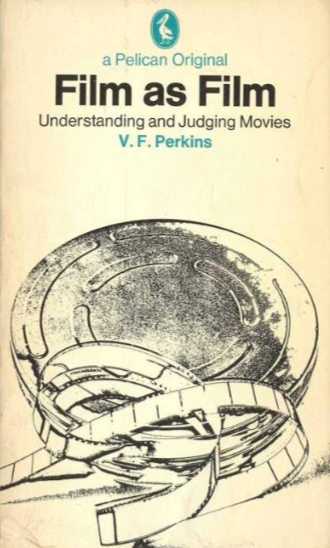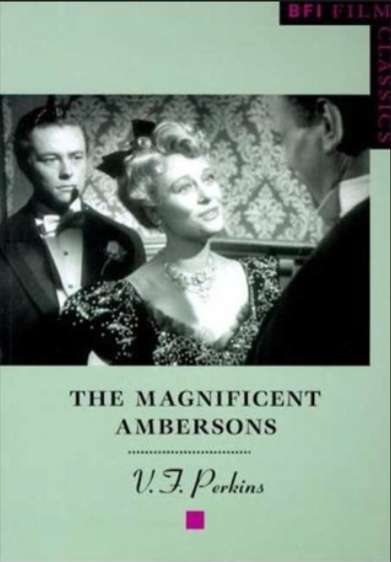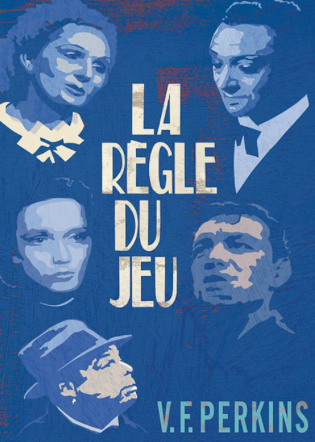George Wilson
No one writing on film since I became interested in the area has had the impact on me and on my work that Victor Perkins has had. No one has been even close in the extent of their influence and inspiration. Victor became a very dear friend as well, so his passing is doubly difficult for me. Let me briefly explain some relevant personal history. When I was a young assistant professor in the early 1970s, I had strong enthusiasms for film and literature, but I was educated in philosophy – in philosophy of language and philosophy of mathematics in particular. I had no academic training in film whatsoever. I was asked by a Dean at the University of Pittsburgh, where I was teaching at the time, if I would be willing to teach an introductory course on film interpretation. He knew I had seen a lot of movies and had a keen interest in the topic. But I felt that the absence of any academic training in film disqualified me from even considering such a class.
Nevertheless I did begin more systematically to see a host of movies from a range of periods and countries, and I started to read fairly widely in the burgeoning literature on film theory and criticism. It was during this period that I first read Victor’s Film as Film, and its impact on me was enormous. I was fascinated by the interest of what he had to say in the various chapters of the book, but I was also captivated by the fact that the author of this terrific book wrote with perfect clarity, grace, and rhetorical force. I was much struck by the fact that someone could write in an utterly intelligible way on questions of the probing and systematic aesthetic interest. I had read a number of the notable French critics of the period (e.g., Truffaut, Godard, Rohmer), and I was quite taken by much of their work. However, none of them – and no one else at that time or later – wrote with the exemplary depth and lucidity that I found in Victor’s writing. I went on from Film as Film to read a range of Victor’s film criticism, and I was also led to read a lot of the essays by the best contributors to Movie. These authors – and Victor especially – constituted the models I adopted as I began to write and teach in film.
Several years later I published my first film book, Narration in Light (1986). The book did not sell a lot of copies, and, during the period in question, I think I never even saw it in a bookstore. All of this was pretty discouraging, but then I received a letter from England. It was by Victor, and it explained at gracious length why he liked my book a lot. I had never received a commentary on any of my work that pleased me so much and that I valued as highly as this unexpected letter, and in all the time since Victor’s letter arrived, I have never been more pleased than I was by his generous remarks. I believe that it is pretty rare to get a strongly supportive letter from someone you have never met, but who has from long distance crucially shaped your own thinking about the fundamental area of research in question. I was simply thrilled, and it was his support at this juncture, more than anything else, that encouraged me to continue writing on film.
A few years later, we finally did meet in person, and our friendship was deepened by the personal contact. Meeting him several times in Britain and the U.S., I came to learn that he was one of kindest and most generous people I had ever met. He was also one of the wittiest and funniest. I had for a long time held the highest opinion of his intelligence, but I came to think of his character and temperament in the same exemplary terms. Until his death, we saw each other intermittently on both sides of the Atlantic. Just last Fall, my wife Karen and I went with him (and with Doug Pye and his wife Liz) on an extended trip in the Lake District. I will treasure that last visit for the rest of my life, and memories of it have already tempered the pain I feel in missing him now.




